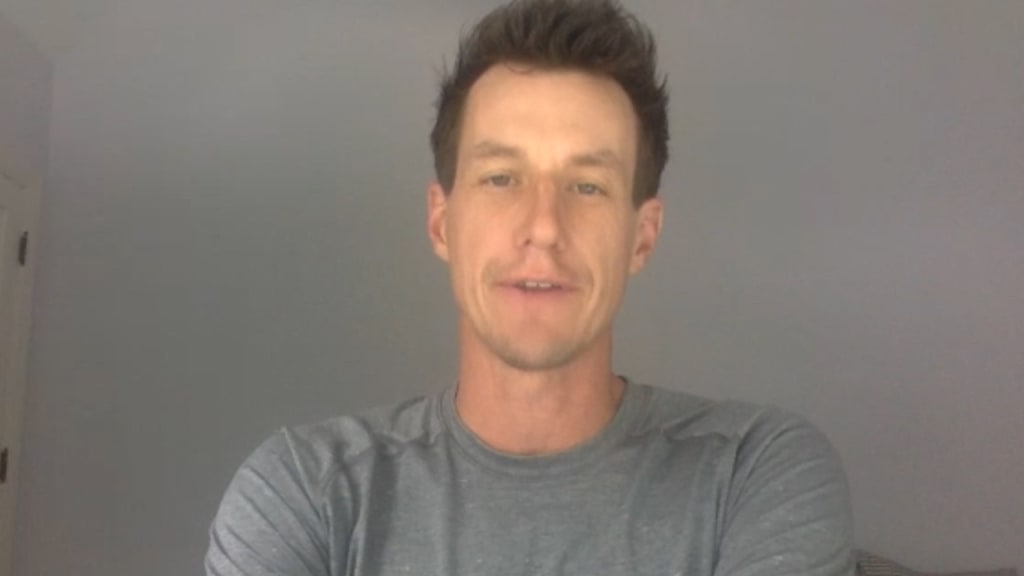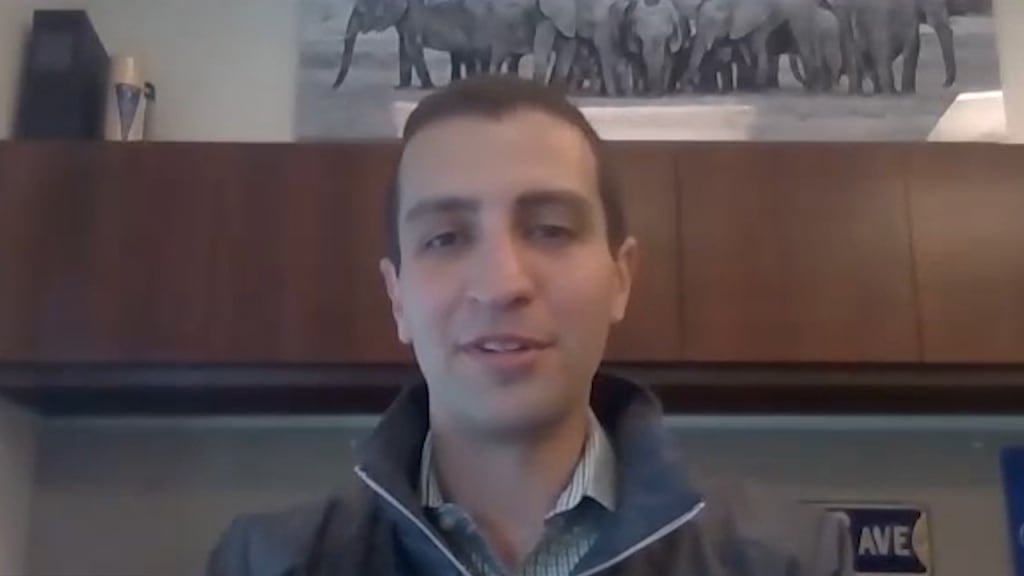Here are 3 things to watch in Brewers camp
This browser does not support the video element.
MILWAUKEE -- Do you recall the talk of roster turnover? How you felt when you learned about long-term contracts for Christian Yelich and Freddy Peralta? Were you following the comebacks of Corey Knebel and Luis Urías, or Josh Hader’s arbitration case, or Ryan Braun’s move (again) to first base? Do you remember the Logan Morrison home runs and Corbin Burnes strikeouts?
Those were some of the storylines of Spring Training before the Brewers and the rest of baseball pressed pause because of the coronavirus pandemic. Now, 3 1/2 months later, it’s time to press play again.
Here’s a reset of three topics that had our attention in March, and where those situations stand as the calendar flips to July:
1. Will the ‘depth’ approach pay off?
When the Brewers signed utility man Brock Holt on Feb. 19, he became the 14th player acquired from outside the organization via a Major League deal -- free agency, trade or waivers -- since the end of the 2019 season. It was a remarkable level of turnover for a team coming of consecutive playoff appearances.
Of those 14 players, only one -- left-hander Brett Anderson -- was eligible to be a free agent at the end of the 2020 season. The others were either signed beyond this season (Josh Lindblom, Avisaíl García), have a club option (Justin Smoak, Eric Sogard, Jedd Gyorko, David Phelps and Holt), are arbitration-eligible (Eric Lauer, Ryon Healy) or will remain under club control because of their Major League service time (Urías, Omar Narváez, Ronny Rodríguez, Eric Yardley).
• Brewers FAQ: Details on the upcoming season | Brewers' player pool
It’s a roster built for depth, meant to withstand the rigors of a 162-game season. Anderson and Lindblom are locks for the Opening Day rotation with Brandon Woodruff and Adrian Houser, but at least three others (Burnes, Lauer and Peralta) will compete to join them. Narváez is the new catcher, but Manny Piña won’t sit idle. García is to be the primary right fielder, pushing Yelich to left, but Braun should see some time in right field and at first base alongside Smoak and maybe Morrison (a non-roster invitee). Sogard and Gyorko are likely to split time at third, with Healy vying to join the mix. Even center fielder Lorenzo Cain was expected to see some days off in an effort to keep him healthier than last season.
How does that change with 60 games on the regular-season schedule? And how will the shortened calendar combined with social distancing impact players who were still getting to know one another? Those are some of the unknowns.
This browser does not support the video element.
2. Yelich was healthy -- and here to stay
The Brewers didn’t even have a full week to celebrate their new nine-year pact with Yelich before the sports world shut down. The press conference, carried live on MLB Network, was on Friday, March 6. The following Monday, MLB imposed restrictions on clubhouse access in response to the coronavirus threat. Three days after that, the league suspended Spring Training operations.
Because everything changed so fast, Yelich barely played in Spring Training. He made his 2020 Cactus League debut the day he signed his contract and got eight at-bats over three games in all. But all indications were that he was fully recovered from the fractured right kneecap that prematurely ended his 2019 season.
• Braun done after 2020 season? Not so fast
“People are always going to ask the ‘what-if’s’ -- did you leave [money on the table] or not?” Yelich said the day he signed. “But I play the game to win and to be a part of a place that I feel comfortable, that I take pride in representing. For me, this is that place. That’s how I made this decision.”
The chief challenge of Summer Camp is getting pitchers ready for a regular season in three weeks, but the hitters also will need to get reacquainted with live pitching. The Brewers plan live batting practice for the first day of group workouts on Saturday, and they will play a number of intrasquad games in the weeks to follow.
This browser does not support the video element.
3. Everyone talked a lot about pitching
It has become an annual tradition: The Brewers think they have a deep pitching staff; outsiders think they need more star power at the top. It was the same debate heading into 2020 after the Brewers added Anderson, Lauer and Lindblom to a rotation that already had All-Star Woodruff and the talented but still not established Burnes and Peralta, and made only one notable bullpen addition, Phelps.
Is it enough to win a World Series? The Brewers believe it’s enough to compete for one, especially if Peralta takes the step forward after he signed a five-year extension, if Burnes looks as good in the regular season as he did in the Cactus League and if Lauer benefits as much as he hopes from a new changeup born in the Brewers’ high-tech pitching lab.
An unsung acquisition is Knebel, who spent all of 2019 recovering from Tommy John surgery and was expected to miss the first six weeks of the '20 season before that season was pushed back. He presumably will pitch alongside Hader, who had a drama-free spring aside from the day he lost his salary arbitration case.
• Roster and transaction rules for 2020
As with the position players, how the Brewers’ pitching plan fits the new normal remains unknown. We do know things are essentially flipped upside down. Instead of working with an expanded staff in September, manager Craig Counsell will get extra arms up front. Opening Day rosters will be 30 players strong, and there is no limit on the number of pitchers a club can carry.
“I’m looking forward to the players getting together and having to work under a completely new set of rules,” Counsell said. “The more you talk about it and the more I’m thinking about it, these rules and everything that everybody’s going through, it actually does serve to bring us together, and I think I’m looking forward to helping put that together and to see what we turn into.”

